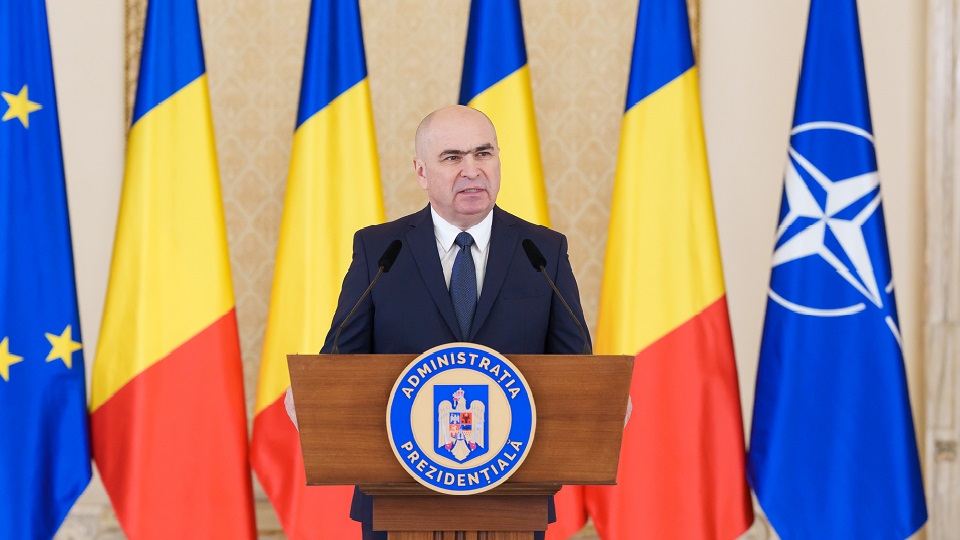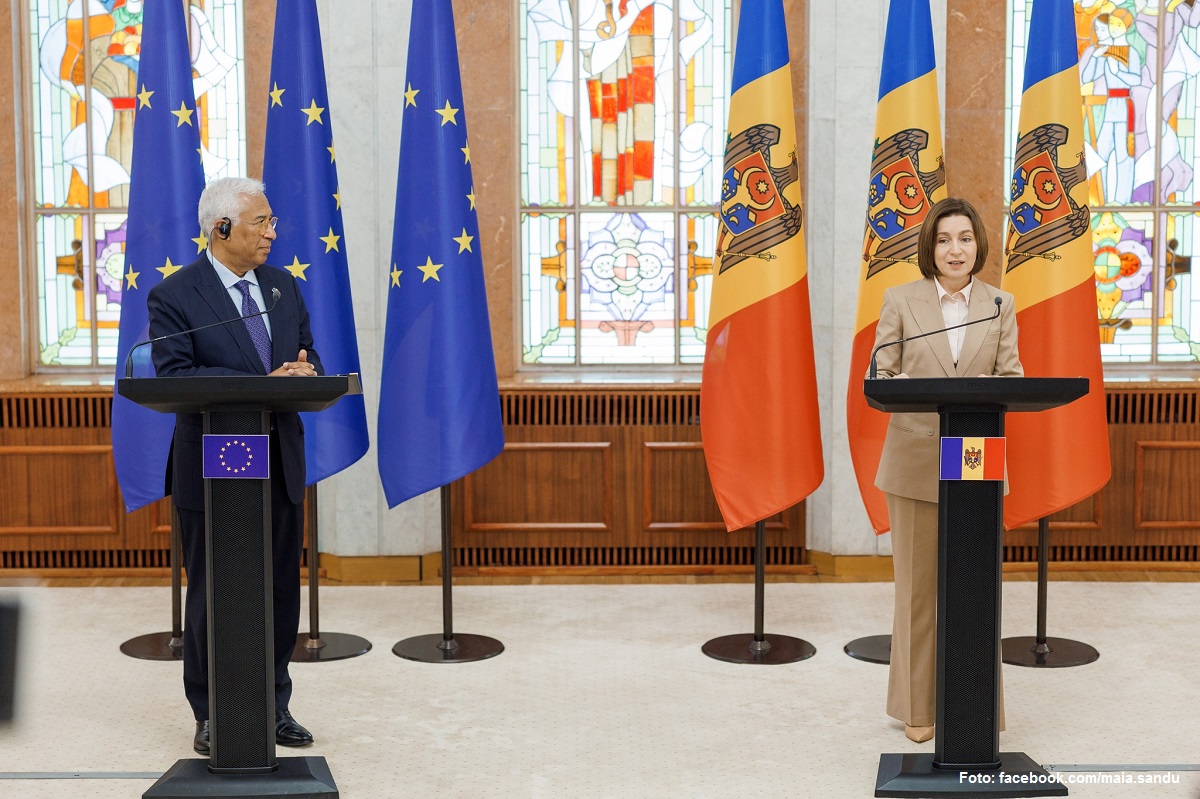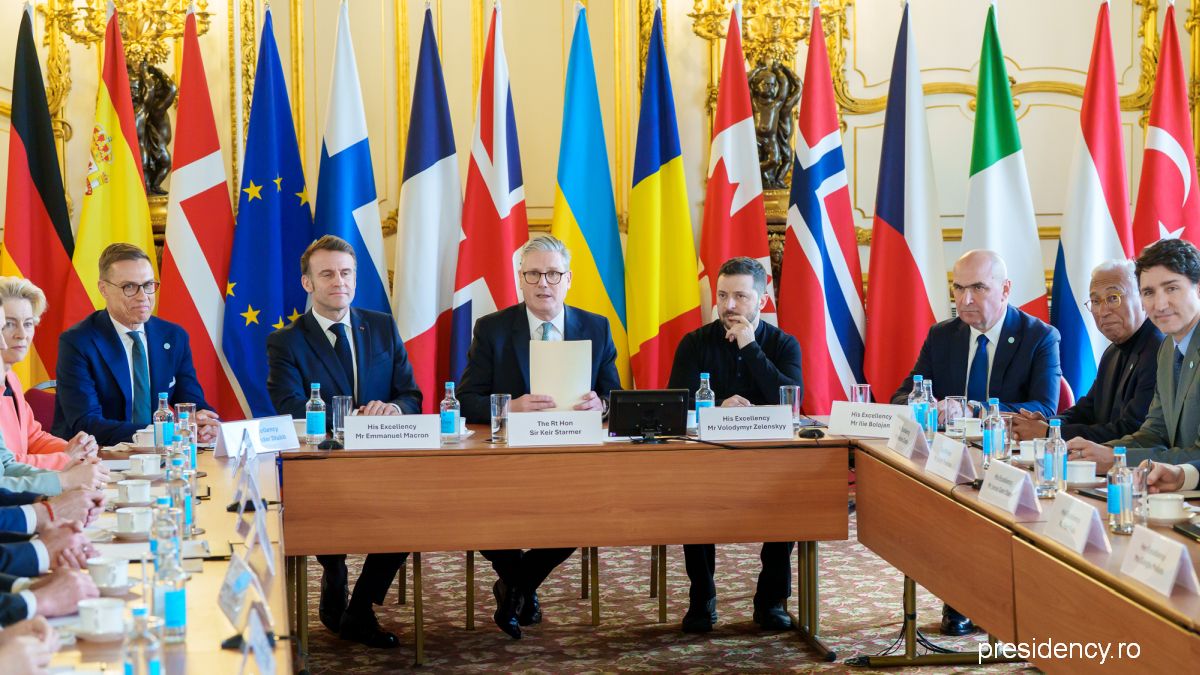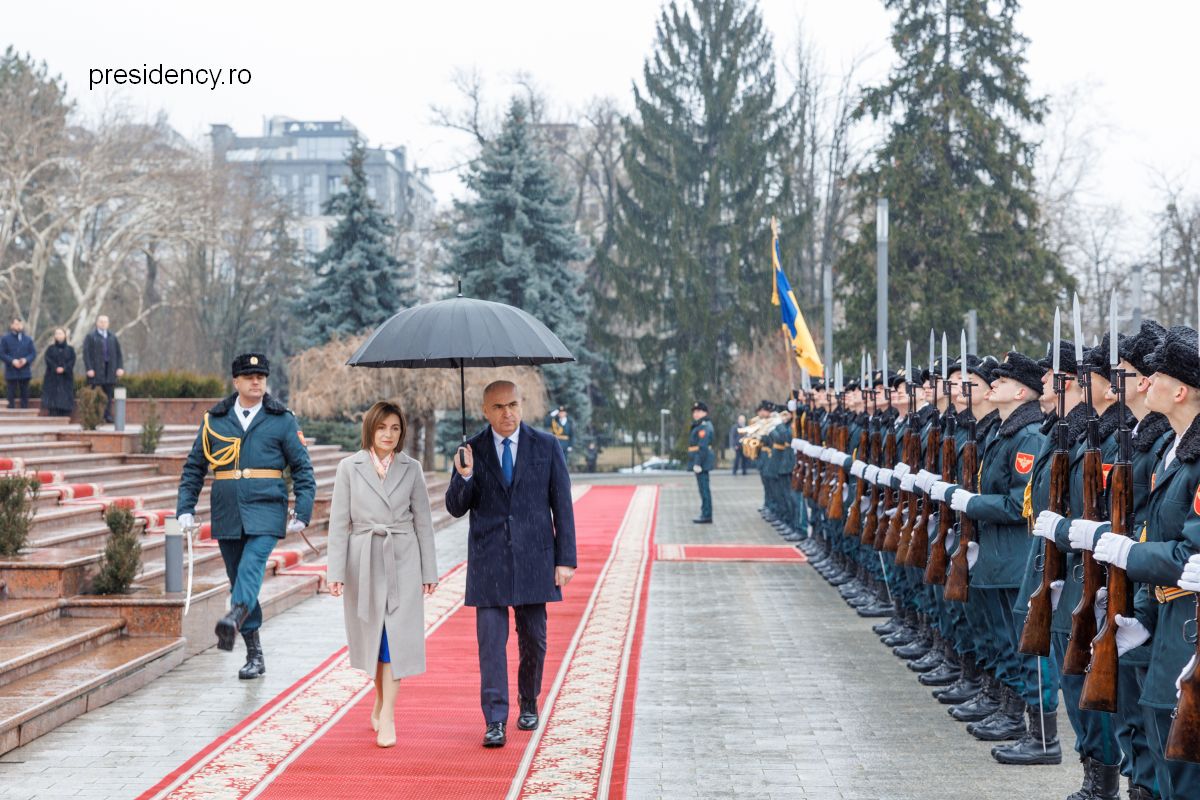The freedom of the press in Romania
Romanian journalists are taken in a political and economic grip, compelling them to censor their views. The remark is laid down in the latest FreeEx Report on the freedom of the press in 2013, issued by the organisation Active Watch. The journalists’ problems however are not confined to political and economic pressure put on them. 2013 also saw the degradation of language, marked by verbal aggressiveness and offences.
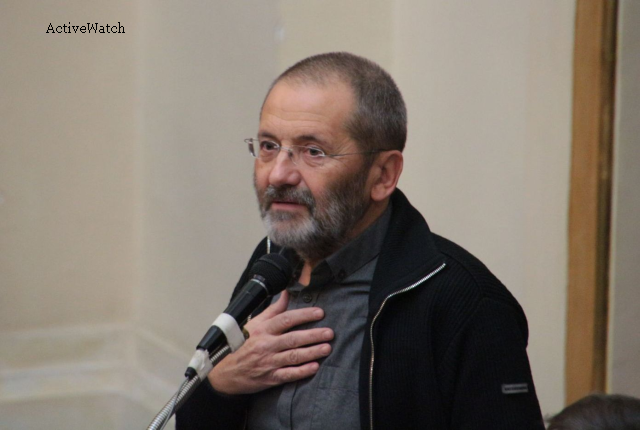
Ştefan Stoica, 06.05.2014, 13:40
Romanian journalists are taken in a political and economic grip, compelling them to censor their views. The remark is laid down in the latest FreeEx Report on the freedom of the press in 2013, issued by the organisation Active Watch. The journalists’ problems however are not confined to political and economic pressure put on them. 2013 also saw the degradation of language, marked by verbal aggressiveness and offences.
The FreeEx Report notes the politicising of the media discourse revealed by the decision of certain journalists to migrate in the political environment. According to the Report, some media institutions abusively use the right to free expression to intimidate persons, social groups, the justice system or political groups.
In another development, Active Watch notes that the media often gives up its informative mission, conveying messages that favour the interests of certain private entities. Equally serious is the fact that media institutions and journalists call on their fellow journalists no longer to criticise them, threatening them that they will bring them to court and that several politicians have demanded the closing down of certain media institutions.
There is a major media group whose board members are prosecuted for blackmail. According to Active Watch, the National Audiovisual Council of Romania has punished those numerous infringements, but the level of fines is too low, unlikely to deter such practices. The National Audiovisual Council is suspected of being the target of pressure put by politicians and radio broadcasters.
The economic crisis, which worsened the state of the media, unfortunately overlapped the professional and ethical sideslips. Certain media institutions have ceased to exist, certain newspapers exist only online. The journalist’s precarious situation in his relationship with the employer has worsened. Abusive lay offs have been reported, the payment of salaries has been delayed.
The journalist’s status has become even more vulnerable since February 2014 when the Collective Labour Agreement in the field expired. FreeEx project manager, Razvan Martin says that all those factors trigger the frailty of the media in Romania, which has thus become:
“Extremely divided, unable to assume a set of professional values and norms, unable to struggle for its own rights and losing credibility. The journalist’s status in his relationship with the employer is very vulnerable and that renders his professional rights, particularly his right to free expression, very vulnerable, being affected by the employers’ influences and interests.”
In 2013, Romania ranked 45th in the annual chart of the freedom of the press made by the non-profit organisation Reporters without Borders. In the chart made by Freedom House, Romania holds a middle place, its media being considered partially free.

